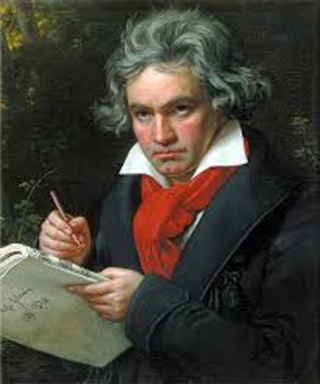6/16/2022 Personal Thoughts about Composers and Their Works - Borodin
- Takeaki Iida

- Jun 15, 2022
- 2 min read
Updated: Jun 18, 2022
Chapter 8 Alexander P. Borodin
(1833-1887, died at 53 years old)

Born in a Georgian aristocratic family, and a trained chemist who became a professor at the Petersburg Medical University, Borodin is one of the so-called "Russian Five" * of the Russian national sect.
His style is dilettante (entertaining/enjoying), and his number of compositions is small. At the age of 29, he met Balakirev and greatly sympathized with his passion and ideals for national music, then he began to compose in earnest. However, it took many years for him from the start to the completion of his works. For example, after "Symphony No. 1" was composed at the age of 36 and was released to the world, "Symphony No. 2" * ① took 8 years from the start to the completion. His masterpiece opera "Prince Igor" * ②, which he began writing around the age of 36, was completed by Rimsky Korsakov and Glazunov after his death at the age of 53. Borodin completed Prologue and Act 1-2 of Prince Igor, and left only sketches of Acts 3 and 4. "In the Steppes of Central Asia" * ③ was composed for the celebration of the 25th anniversary of Alexander II's coronation, and "String Quartet No. 2" * ④ was composed in 1881.

* (1) "Symphony No. 2" does not have a Russian musical heaviness, and there are many bright and friendly tunes that make us think whether this is Russian nationalist music. I notice that there is a long quietness with the addition of Asian tunes to Russian tunes, which is clearly different from Tchaikovsky's Sorrow. According to a well-known Austrian conductor, Felix Weingartner *, "it is enough to listen to Tchaikovsky Symphony No. 6 Sorrow and Borodin Symphony No. 2 to understand the national character of Russia." In Japan, it is commonly called "Boro 2" among music lovers.
* ② "Polovtsian Dances" from "Prince Igor" is the most often played music. In the popular music world, it is called “Strangers in Paradise,” and is a masterpiece that is just as popular as standard song and musical number.

* ③ The symphonic poem "In the Steppes of Central Asia" was composed on the 25th anniversary of the throne of Emperor Alexander II of Russia. Orientalism can be heard richly in the depiction of the vast grasslands of Central Asia.
* ④ String Quartet No. 2 in D major is a beautiful music with fine string movements that resonate well, sometimes bohemian, and sometimes Asian and gentle. The third movement "Nocturne" is also famous as solo arrangement.
Please refer to the editor's introduction (* title below) regarding Borodin’s background, humanity, and his work, String Quartet No. 2 .
For your reference, the table below shows the list of works by the composer that I listened to.

.png)



Comments